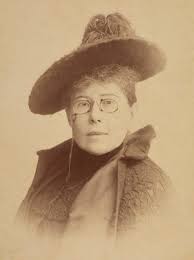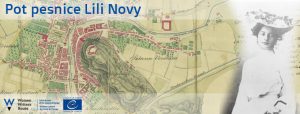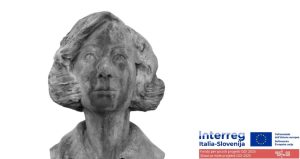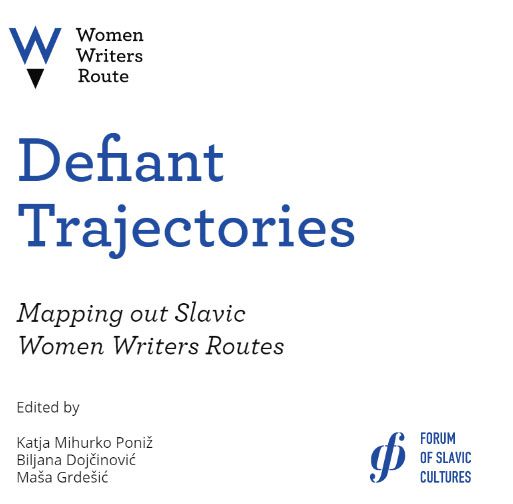Maria Konopnicka was born in Suwaľki on 23 May 1842. When at the Boarding School for Girls run by the Nuns of the Adoration of the Blessed Sacrament in Warsaw (1855-1856), Konopnicka met the writer Eliza Orzeszkowa with whom she remained friends until her death. At the age of 20 she married the landowner Jaroslaw Konopnicki, 20 years her senior, with whom she lived at Bronów. Over ten years she had eight children of whom six survived. In the late 1870s, Konopnicka left her husband, taking all six children with her. At the time this was an audacious act of courage and independence. Having moved to Warsaw, she made a living with private tutoring. She was involved in clandestine and open social activities, co-organizing the international protest against the Prussian repressions and persecutions of the Polish children in Września, property right laws, and against the persecution of the Uniates. She promoted struggle for women’s rights, as well as organized aid for political and criminal prisoners.
She made her debut in 1870 with the poem ‘Winter Morning’ positively appraised by the critics. In 1881, 1883 and 1886 her subsequent poetry collections were published. In the early 1880s, she wrote short stories. To start with, Konopnicka was regarded as a controversial writer, particularly by the national Catholic circles. Her first book ‘From the Past’ (1881) aroused quite an outrage; the reviewer of ‘Przegląd Katolicki’ judged that ‘its thought was immoral and blasphemous’.
In the Warsaw period, Konopnicka was seen as someone easily falling in love, e. g. in a relationship with journalist Jan Gadomski, 17 her years junior, or philosopher and historian Maksymilian Gumplowicz, 22 years younger than her.
In 1890, aged 48 Konopnicka started an almost 20-year’s period of travels, visiting e. g. Italy, Germany, France, Switzerland. She rarely returned to Poland, even after she had been presented with a mansion in Żarnowiec (near Krosno, at the foothills of the Carpathians) purchased thanks to a society-wide public collection.
In 1 889, Konopnicka established a close almost 20-year-long relationship with Maria Dulębianka, 19 years Konopnicka’s junior. They travelled together, lived together, they were social activists together and their close relationship raised rumours. In 1907, in reaction to the cutting remarks of the participants, the poet ostentatiously left the Warsaw Women’s Congress she was chairing. She died of pneumonia on 8 October 1910 in Lvov, and was buried at the Lychakiv Cemetery.





